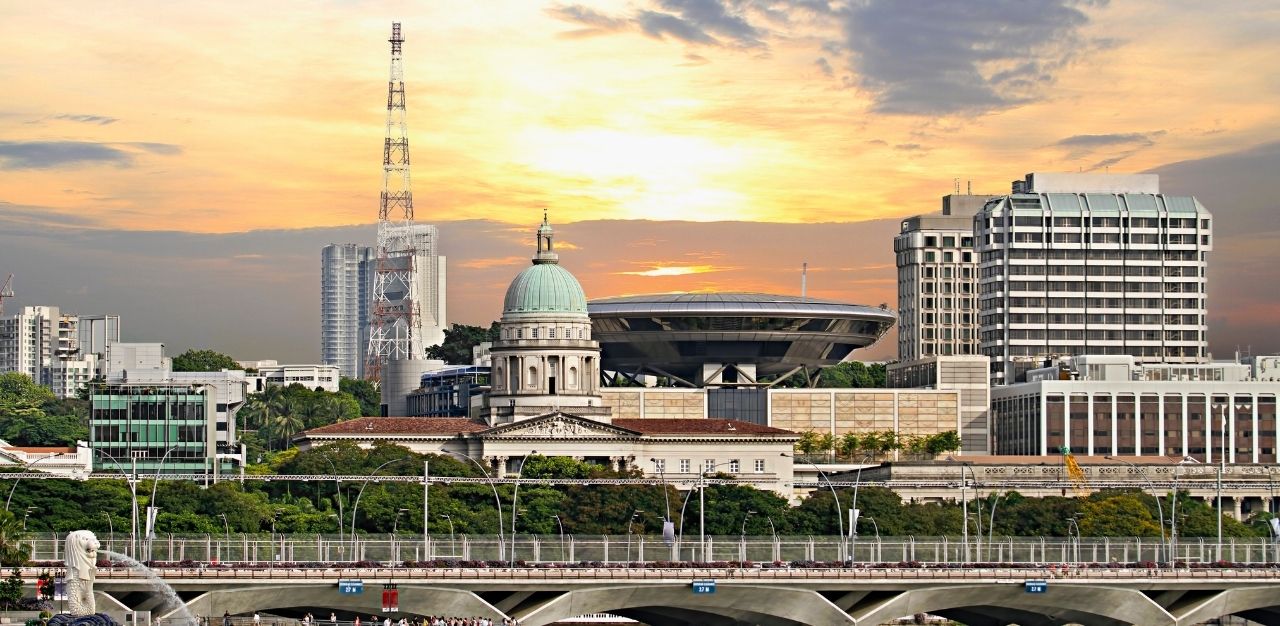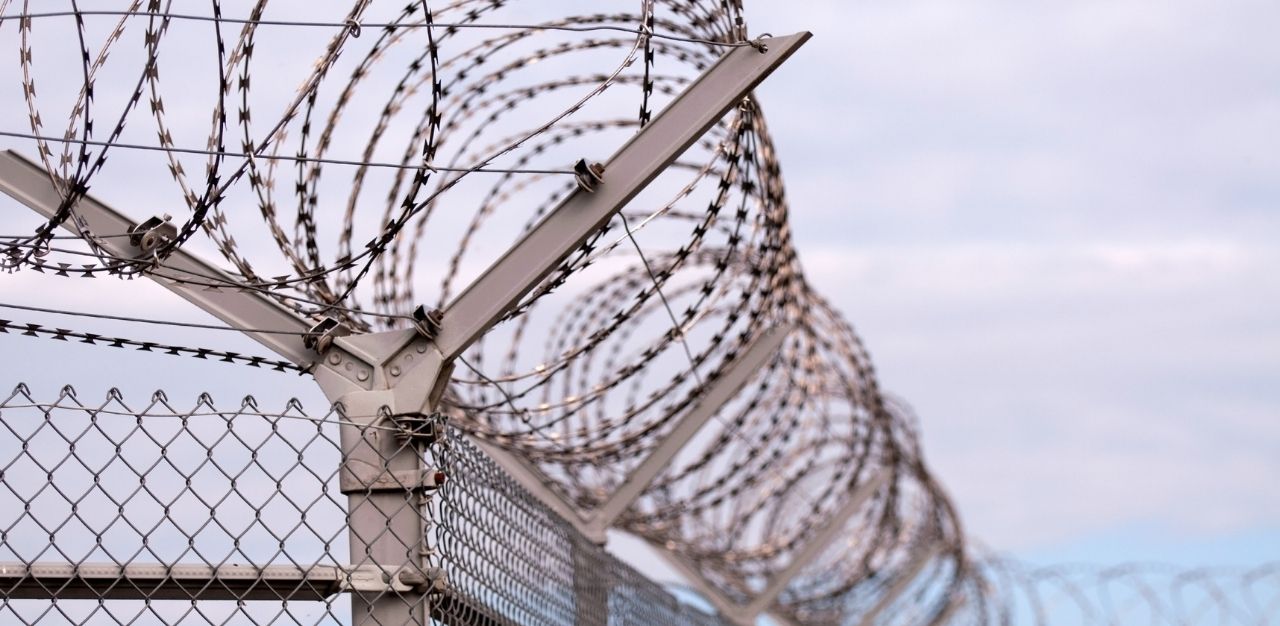Myza’s (not her real name) nightmare first began in early August, 2015.
On an ill-fated day, she found herself unable to get in touch with her eldest brother despite having called him multiple times, to no avail. This was her first inkling that something was amiss.
Unsettled, she continued with her day until she came across an article on Facebook revealing that a number of individuals had been arrested for drug-related offences at a familiar location. With a sinking feeling in her gut, she called her brother’s wife, who confirmed her suspicions – her brother had been arrested.
Myza was at a loss. While her brother was a former drug offender, he had been on the straight and narrow for more than a decade.
“He seemed happy, and didn’t show any signs of relapse,” she shares.
But the worst was yet to come, for this arrest was unlike his previous ones. While he had been arrested for drug consumption charges before, and was sent to the Drug Rehabilitation Centre (DRC) as a result, this incident will prove to be much more severe.
As per the Misuse of Drugs Act in Singapore, the death penalty is given if the amount of pure heroin (also known as diamorphine) trafficked exceeds 15 grams. Her brother had been in possession of far more than that – over 40 grams. The knowledge of this was a punch in Myza’s gut, for barring any extenuating circumstances, it was certain death.

And indeed, her worst fears would come true just a few months later. She was away on a holiday when she received a call from the lawyer. Her brother was to appear in court at 10am the next day to receive his sentence.
Immediately, she made the six-hour drive back from Kuala Lumpur to Singapore, only arriving home past midnight. That morning, she and her family made their way to the High Court. The short time spent within is etched deeply into her memory.
“There were no [debates] between the lawyer and the DPP [Deputy Public Prosecutor], not like what you see in the movies,” she recounts. “I still remember vividly how the situation was at that point of time… It was very quiet.”
She continues, “We were asked to stand, and that’s when the judge passed the sentence: Death penalty.”
“[I remember thinking,] ‘He’s going to die? He will die’,” she relates. “I told myself, if I break, everyone will break as well, [even my brother]. He may look tough, but as human beings, you still expect miracles to happen.”
“His friends were also there. Everyone cried… After the judge walked away, we were given the opportunity to go to him and touch him. That was when he apologised that we had to face this,” she shares.
The initial months of emotional turmoil have since stretched into years, as she continues the bitter struggle to navigate Singapore’s legal labyrinth in the hopes of finding a way to save her brother. After a failed appeal years back and a rejected Presidential Clemency from April this year, Myza’s faith is wavering.
“I’ve Googled, I’ve read, I’ve spent my time reading up on other death penalty [cases]. Every time I visit my brother, I will share with him [what I have learned],” she says. “But at a certain point, I began to believe that everyone has a different fate. No matter how much you read or research, it’s all fated.”
But Myza is determined to press on: “I’m not going to surrender, even until now.”
Their family is now on their fifth lawyer, and their last shreds of hope.
A turning point in her love for Singapore
Despite the struggles Myza has faced with the judicial system, her answer when TheHomeGround asked what it meant to be Singaporean came readily: “I love being a Singaporean. I always tell everyone, if given the opportunity…that I want to retire in Singapore.”
“I love the country because I love where I am right now, the country that I was born in,” she elaborates. “People I know who are not born in Singapore always have a good impression of [us].”
Reasons for why she loves the country are aplenty; she lauds the achievements of the nation, citing its prosperity, safety, education system, and healthcare as points of pride.

It is no surprise then that National Day has always been a day of pride and celebration for her: “It’s something that most Singaporeans look forward to because there are lots of colourful activities happening. Compared to other countries, I think Singapore has the most perfect kind of celebrations.”
Throughout Myza’s life, her father had also been actively involved in voluntary work in grassroots organisations such as local community clubs (CCs), and introduced his children to such activities as well.
“This is [another] good thing about Singapore, that we have these CCs which hold events that help the fortunate and less fortunate,” she says.
She adds, “My dad is still doing the same now, despite my brother being behind bars. We put that in our petition, and hoped that if we included his certificates indicating his dedication to community work, it could help them have a bit of empathy and save my brother.”
But this was not enough to save her brother from the gallows, much to her disappointment.
These recent events have dampened her pride, and caused her to look at the nation through renewed lenses.
“I don’t doubt [Singapore’s goodness], but…there’s much more to that,” she says. “Not everything is as perfect as it seems.”
While Myza had never paid much heed to Singapore’s legal system prior to her family’s struggle with it, she has since started to question the necessity of the death penalty.

She explains, “Way back before I knew my brother was going to be one of them [an inmate on death row], I never [supported the death penalty]. After my brother was caught, it relates to me even more.”
“It’s sad to see other family members grieving when the execution is done on their beloved, so I feel for them. But I didn’t realise it’s going to happen to me,” she rues.
She questions: “Many countries have wanted to abolish the death penalty, but Singapore still has not… Our currency, safety, and public transport are all better than other countries, but what about the law? Everything should be level.”
Clinging on to a hope for change and second chances
It is with this in mind that Myza hopes for an eventual change in how Singapore deals with drug offenders in the future, such as increased transparency of the judicial system.
She shares the example of the Certificate of Cooperation, a document issued by the Public Prosecutor, indicating that an individual has provided “substantive assistance” to the Central Narcotics Bureau, and will thus be considered for an exemption from the mandatory death penalty. According to Myza, her brother has been issued the Certificate, but his sentence remains, with no news on whether the Certificate has any bearing on his fate.
She adds that little information is available to the families of inmates on death row, including when or how the order of execution is determined. Since her brother had been rejected for Presidential Clemency in April this year, there has been radio silence on if, or when, he may be executed.
“We got a new lawyer, and now, we are still waiting,” she explains.

Beyond transparency in the judicial system, Myza ultimately calls for an abolishment of the death penalty altogether.
“Something needs to be done – rehabilitation. They are actually drug addicts [as well], but you blame them for trafficking by putting figures to it; anything above 15 grams, you will receive the death penalty.”
“If you can give the drug addicts [the chance] to go for rehabilitation, why don’t you give it to those who traffic as well? Is there a need for a death sentence?,” she questions. “Why can’t you actually help them out?”
“Everybody should be given a second chance to live.”
Join the conversations on TheHomeGround Asia’s Facebook and Instagram, and get the latest updates via Telegram.




























